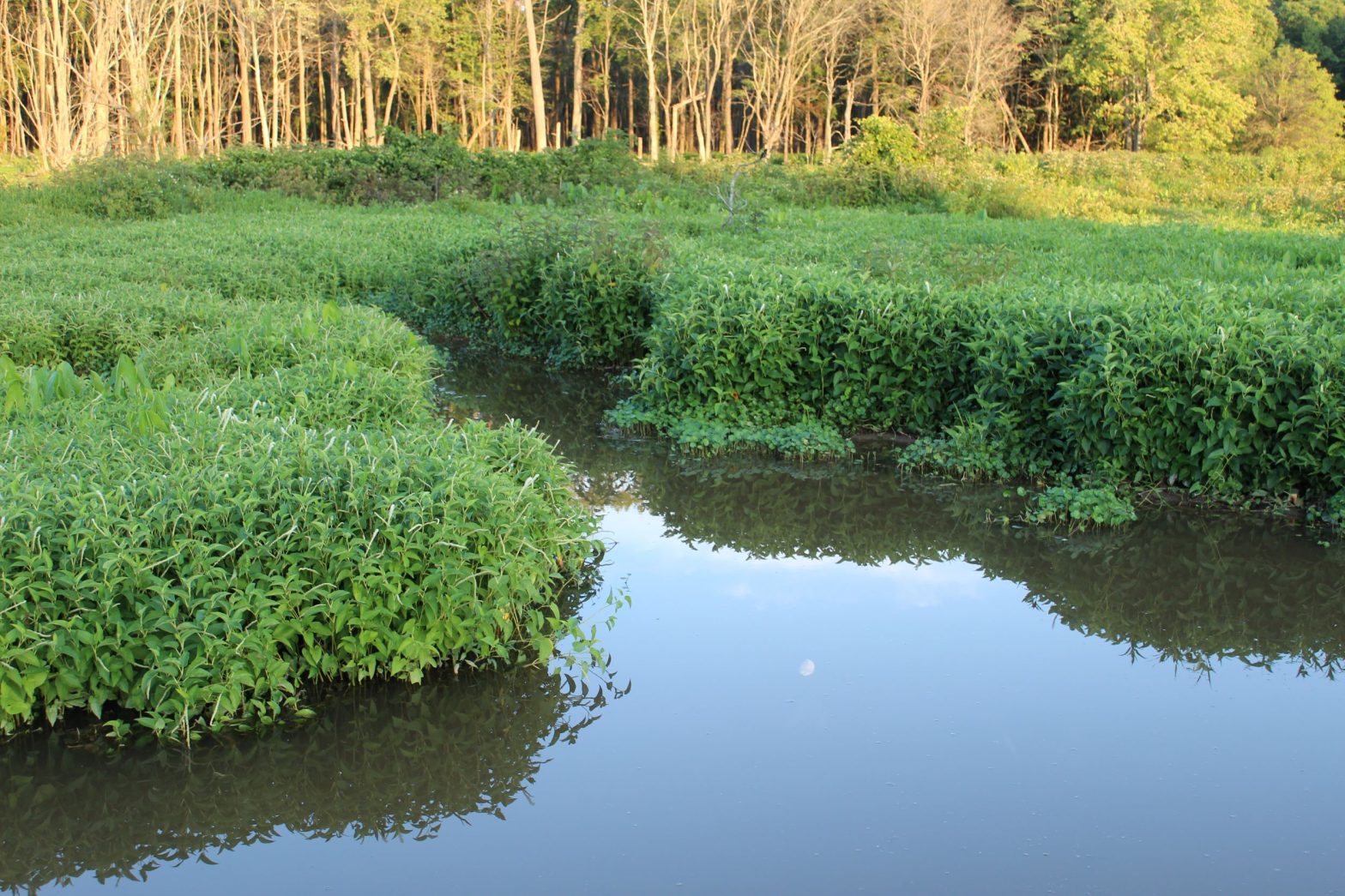Judge Blocks Enforcement of Clean Water Rule in 24 States

BISMARCK, N.D. — A federal judge has blocked the enforcement of new environmental protections drafted by the Biden administration that would have dramatically expanded what the government can protect under the Clean Water Act.
The new rules defining “Waters of the United States” were supposed to go into effect on Wednesday, but U.S. District Judge Daniel Hovland intervened, granting a temporary injunction to the 24 states that have challenged them.
As previously reported in The Well News, President Joe Biden last week vetoed a bid by Congress to undo his prescription for which waters in the United States should be given heightened protection under the Clean Water Act.
“The 2023 revised definition of ‘Waters of the United States’ … provides clear rules of the road that will help advance infrastructure projects, economic investments and agricultural activities — all while protecting water quality and public health,” Biden said in a statement released shortly afterwards.
Since 1972, when the modern version of the Clean Water Act came into being (many of its provisions having previously been covered by the Federal Water Pollution Control Act of 1948), presidential administrations have applied very different interpretations of the Waters of the United States rules.
The Biden administration reinstated a broader interpretation of the Clean Water Act that would expand federal authority over wetlands on private property and other currently undeveloped lands.
But Hovland, a George W. Bush appointee, sided with two dozen Republican state attorneys general who are engaged in a continuing effort to upend the regulations.
According to Hovland, “Waters of the United States” were intended to mean “navigable waters” under the original terms of the Clean Water Act, and not over seasonal streams and other small water bodies that the administration aims to protect.
Biden’s actions, as carried out through the Environmental Protection Agency, raise “serious federalism questions and concerns,” Hovland wrote.
“The exercise of jurisdiction over all rivers, lakes and other waters that flow across state boundaries, no matter how small or isolated and regardless of navigability, is constitutionally troublesome,” he continued.
“There is nothing in the text of the Clean Water Act that supports making every wetland, stream or other water crossing a border subject to federal jurisdiction,” he said.
The injunction blocks the enforcement of the new rule in Alabama, Alaska, Arkansas, Florida, Georgia, Indiana, Iowa, Kansas, Louisiana, Missouri, Montana, Nebraska, New Hampshire, North Dakota, Ohio, South Dakota, Tennessee, Virginia, Mississippi, Oklahoma, South Carolina, Utah, West Virginia and Wyoming.
In a written statement, an EPA spokesperson said the agency and the U.S. Army Corps of Engineers continue to believe in the rule, and remain committed to implementing “a durable definition of ‘Waters of the United States’ informed by diverse perspectives.”
“Our goal is to protect public health, the environment and downstream communities while supporting economic opportunity, agriculture and industries that depend on clean water,” the spokesperson said.
Dan can be reached at [email protected] and @DanMcCue

























